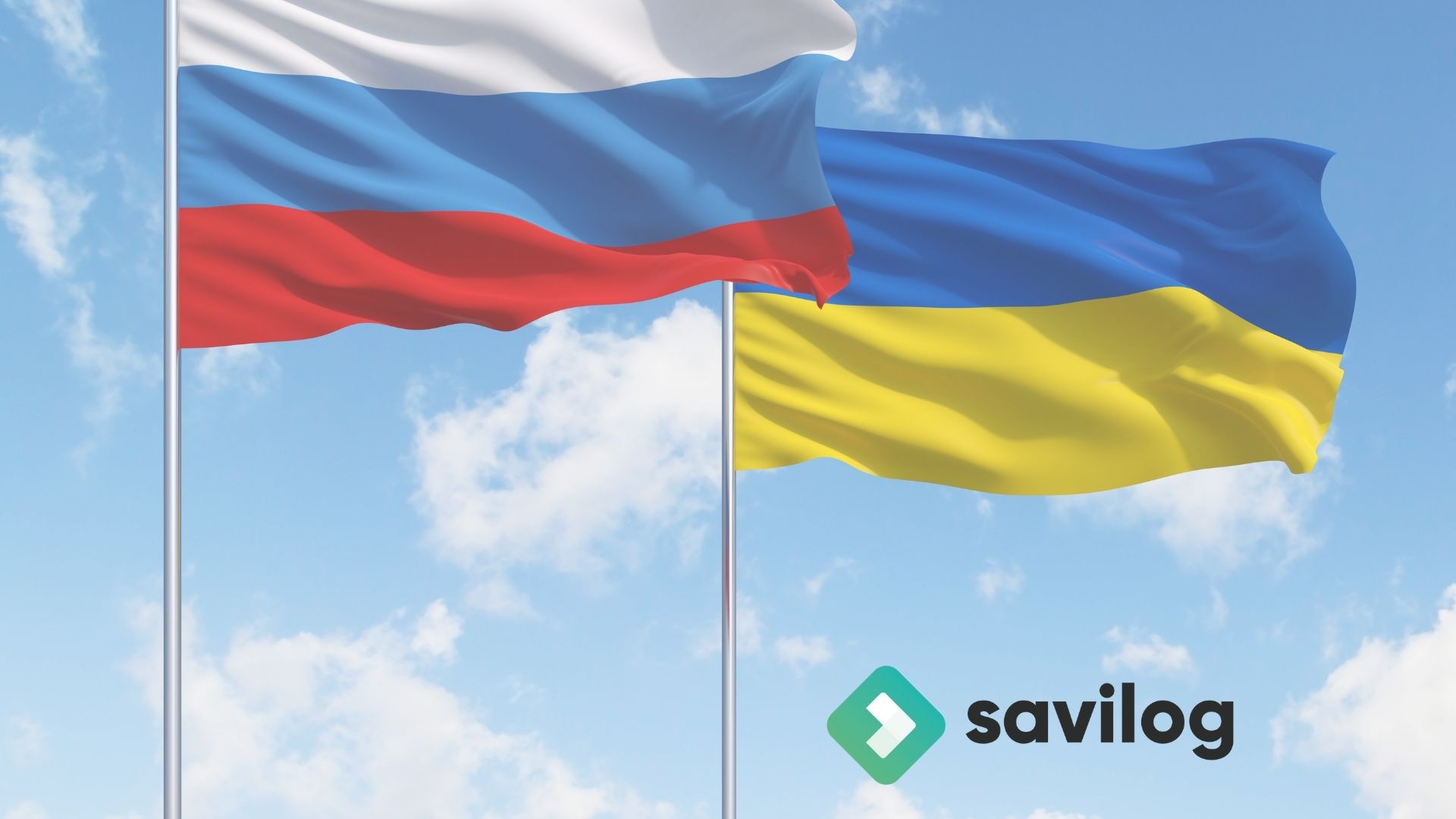
What has already changed in the world after the Russia-Ukraine conflict
The entire world was shaken by the sad news from the European continent earlier this year.
The Russian president, Vladimir Putin, have engaged Russian troops to invade Ukraine aiming at the definitive occupation of the former Soviet Union country.
Experts in geopolitics point out that the Russian Kremlin’s desire is to resume the old project of the USSR as a nation internationally respected for its military and economic power and that he has used the fact that Ukraine had vented a possible alliance with NATO (North Atlantic Treaty Organization) as the final straw to start belligerent operations against the eastern European neighbor.
In today’s article we will detail the main aspects that were impacted on the international scene due to what is already considered the biggest war of the 21st century.
Logistics bottlenecks and freight prices
The first impact felt in the global supply chain was the stoppage of operations at ports and airports in Russia and Ukraine.
Shipowners and airlines operating in these destinations immediately canceled ongoing operations and are no longer accepting any demand for boarding to this region.
The first effect as a consequence of this stoppage is the bottlenecks in international logistics, resulting in cancellations and delays in shipments and the need to transfer all the volume that would previously be handled at these nations to other destinations.
All this change in schedule and routes impacted the flow of other cargo from the European continent and Asia mainly. This led to an increase in freight by operators to cover all the rework demanded.
Fuel prices
Russia is the third largest oil producer in the world, a good part of the world’s fossil fuel consumers depends directly on the country that triggered this war.
With all the economic sanctions already imposed onto Russia and the impossibility of shipping the fuel sold, the market dynamics is pragmatic: lower supply, higher demand, high prices!
Oil is one of the commodities that supports a high number of economic, industrial, and commercial sectors.
The price of a barrel of oil was trading at approximately USD80.00 in January, and currently it exceeds USD100.00.
This increase impacts the entire global supply chain, affecting the price of fuels for shipowners, airlines, carriers in general.
This increase is felt at the end of the thread when all costs are passed on to the prices of the items sold to the final consumer. In addition, drivers in general suffer from shortages and exorbitant prices offered at gas stations. The lack of gasoline has even affected countries like the United Kingdom in many of their cities.
Increase in the cost of living
Based on studies shared by the International Monetary Fund (IMF), the conflict in Eastern Europe will cause long-term damage to the global economy.
The first indices recorded as a result of the conflict are (i) the slowdown in global growth and (ii) the increase in inflation.
This is mainly due to the general insecurity on the part of international investors, who feel forced to withdraw their capital from emerging economies.
Also, according to the IMF, consumers will mainly perceive the economic impact of rising food and energy prices.
Global supply chain redistribution
This is a macroeconomic factor that encompasses, in addition to the consequences of the war, the impacts of the pandemic that started in 2020.
Commodity producers realized with these two great phenomena that there is a great dependence of some specific countries on items of high importance in the international scenario.
Good examples were the PPE equipment, respirators, and medical supplies that were concentrated in Chinese suppliers during the height of the pandemic. Furthermore, recently we’ve been seeing the concentration of fertilizer supply by Russia and Ukraine, whose conflict directly impacted Brazilian agribusiness in the short term.
In response to this finding, experts in international economics point to increasingly growing movements seeking a supply redistribution of the main inputs used by industries in the world.
What is expected is that the large concentrations of commercial power in some countries will be better balanced, since this dependence on commodities tends to decrease in the same way that the exploitation of other products tends to increase.
New world commodity order
Despite the negative consequences, great opportunities for commodity-producing countries, mainly in Latin America, emerges out of such terrible war between Russia and Ukraine.
According to data released by Bank of America (BofA), some factors together enable countries like Brazil to enter the international commodity market even more strongly.
The aspects mentioned by BofA are the increase in commodity prices, the high SELIC rate that motivates international investment, and Russia and Ukraine independence, except for the fertilizers.
This makes the South American countries boost even more exports of crude soy oil, lead ore, grains, and iron ore. Every war has drastic humanitarian and economic consequences.
Despite the worldwide clamor for the conflict to end and for an amicable resolution between the two nations to be set, we see that the economic impacts cannot be ignored until the long-awaited peace arrives.
It is noted that there are many worrying signs, especially regarding the price increase as a result of the low supply of products and high costs.
This rise in prices is what most affects the global population, who daily feels in their pockets the consequences of the chaos caused by the war.
On the other hand, in the macroeconomic scenario, the geopolitical board is increasingly busy, with great business opportunities, mainly linked to what has been called “the new world order of commodities.”
And in this international economic game, Brazil is seen as one of those most likely to benefit from the gaps left by Russia and Ukraine.
If you liked this content, then keep following us and get news related to international business and its developments in firsthand.